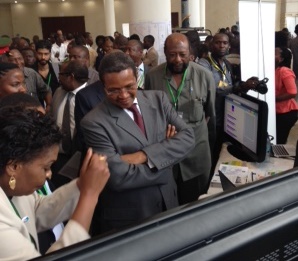
Election season is fast approaching in Tanzania, but retiring President Kikwete continues to take stock of his tenure with a series of events, not least the inaugural Africa Open Data Conference that was hosted in Dar es Salaam last week. He reminded delegates from 30 African countries that Africa must embrace Open Data to transform and foster knowledge development, citing the benefits of transparency initiatives such as EITI on extractives and public debate around his Big Results Now! programme. He welcomed CSO accountability engagement, but also wanted donors such as USAID and DFID to be transparent on how we fund civil society (we are, by the way!)
Closely inter-related to the Open Government Partnership commitments and ideology (Tanzania was an African early adopter in 2011), the conference bought together key players behind the African Data Consensus on the continent. The WWW Foundation, Open Data Institute and Code for Africa engaged with local initiatives such as the Tanzania Open Data Initiative and Twaweza that DFID support to showcase a range of innovative ways to generate, share, communicate and mash-up data that seeks to drive better services, accountability, transparency and inform decision making that improve life for citizens.
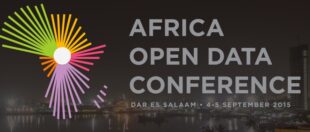
The power of open procurement and regional benchmarking was exemplified with simple but tangible benefits, such as to find huge disparities in pharmaceutical prices charged to different African countries and use this to drive lower prices. More data can be easily accessed at repositories such as OpenAfrica or national government data portals, such as Tanzania’s E-Government Agency portal that was being officially launched.
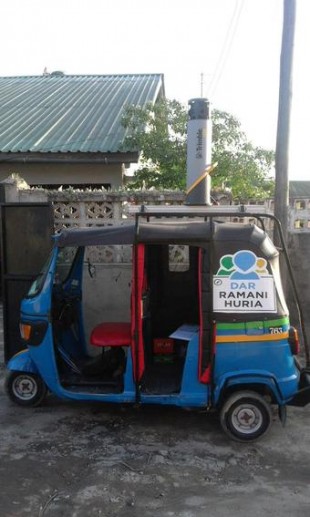
You may be aware of Google’s hi-tech video vans used to generate StreetView, but Dar now has its own Bajaji 3 wheeler generating maps of urban flood prone areas, with the Ramani Huria initiative training community members to upload GPS video data into OpenStreetMap. Innovation was also on display - a DIY drone assembled for 1/10 of the price of a commercial imported model was demonstrated that had support aerial mapping work, built by students working with the Buni Innovation Hub.
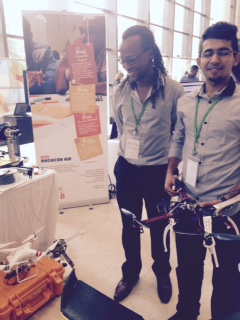
I joined a panel on Open data @ Work in education, with a lively debate on how spatial GIS data on school locations could be combined with government education statistics, examination results and citizen led assessments to create powerful dashboards and interfaces that really drill down into issues of equity and accountability: why does school X have only 1 teacher per 500 students or why against all the odds does positive deviant school Y outperform its neighbours?
All intoxicating and exciting stuff, with nerds and geeks interacting with World Bank technocrats, Tanzania’s President and African movers and shakers, but will this bring a Data Revolution to Africa, and on it’s back, social transformation? Hard to say, but clearly the technology, data ubiquity and fine granularity with instant social media communication has transformed what is possible; - when I think to my work with humanitarian mapping and school micro-planning in Africa in the late 1990s.
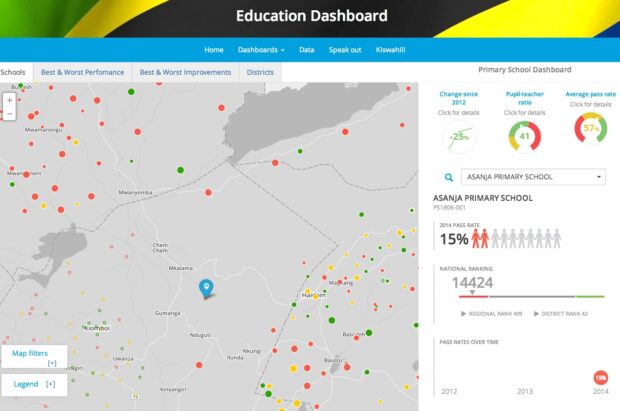
The more pragmatic observers predict a more gradual acceptance and impact of openness in many corners of Africa, where traditions and bureaucratic inertia still rule the roost. But I doubt many of the old ways of dividing and ruling with information asymmetries can survive too far into the 21st Century. It was great to hear President Kikwete telling the conference his successor, whoever it maybe, would find it impossible to turn back and close up!
Keep in touch. Sign up for email updates from this blog, or follow Ian on Twitter.

Recent Comments